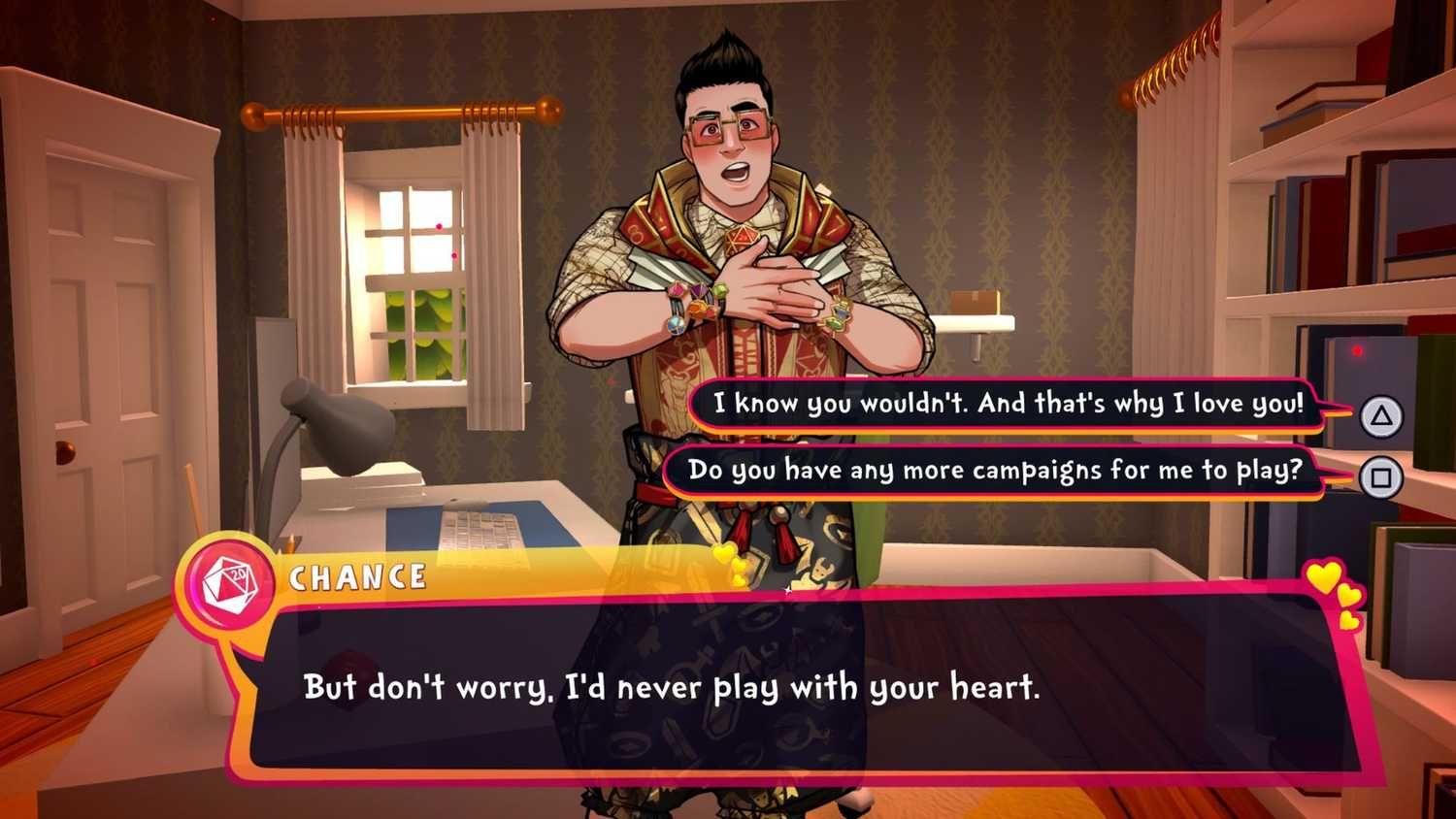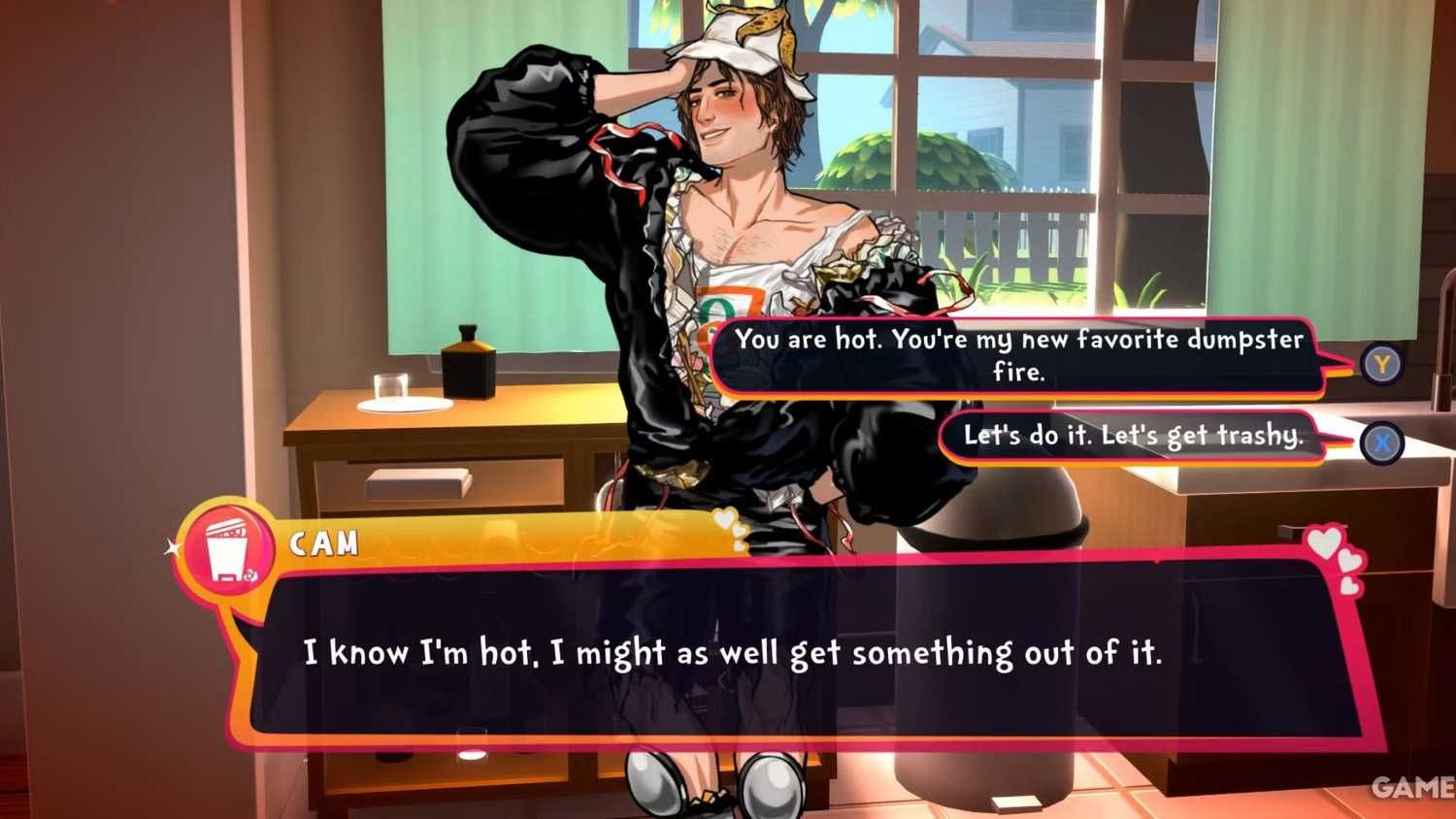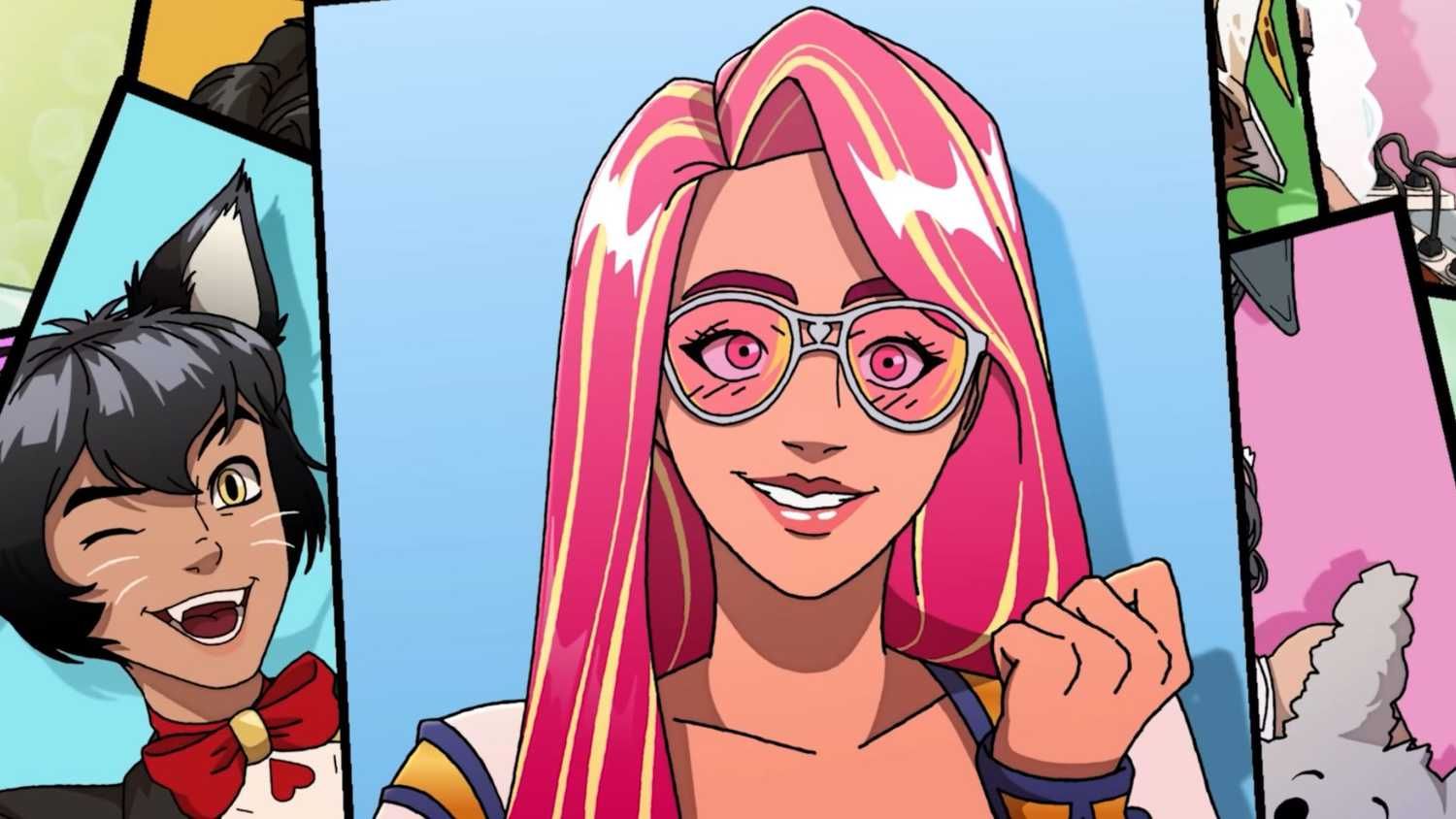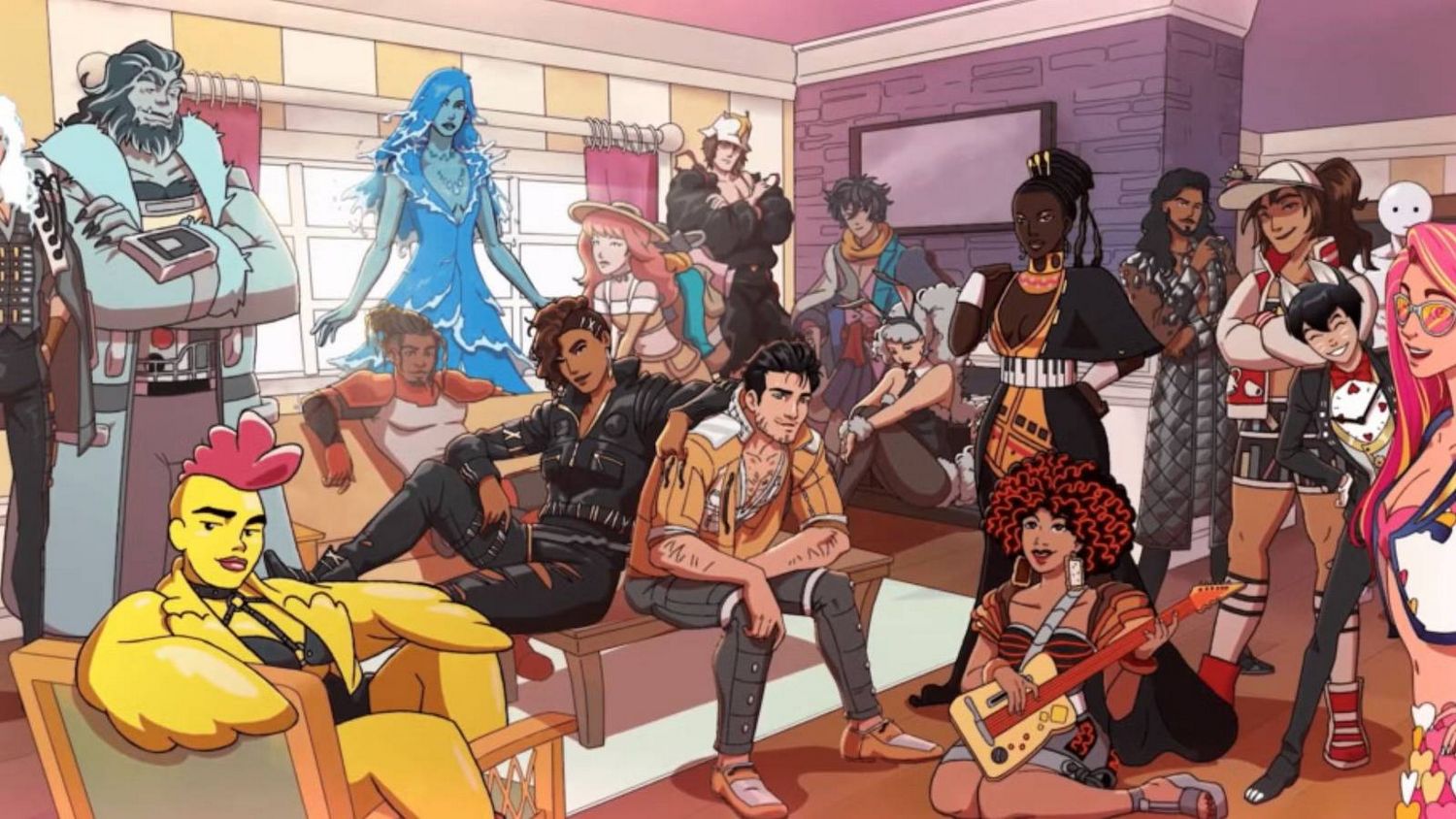A New Era of Digital Romance: The Rise of Games That Let You Date Everyone
Popular Now
 Fall Guys
Fall Guys
 League of Legends
League of Legends
 Geometry Dash
Geometry Dash
 R.E.P.O
R.E.P.O
 Genshin Impact
Genshin Impact
 Garena Free Fire: Kalahari
Garena Free Fire: Kalahari
 NBA 2K24
NBA 2K24
 BeamNG.drive
BeamNG.drive
 Fortnite
Fortnite
 Free Fire Max
Free Fire Max
 In the expansive and ever-evolving landscape of video games, romance options have become a key feature, adding a layer of depth and personal investment to narratives. For years, these relationships were often restricted by gender, with a male protagonist only able to romance female characters and vice-versa. However, a significant shift has been taking place. A growing number of developers are embracing a more inclusive and liberating approach, creating games where players can date and build relationships with virtually every romanceable character, regardless of gender or the player’s own identity. This trend reflects a broader cultural movement towards inclusivity and player freedom, fundamentally changing the way we experience love and connection in virtual worlds.
In the expansive and ever-evolving landscape of video games, romance options have become a key feature, adding a layer of depth and personal investment to narratives. For years, these relationships were often restricted by gender, with a male protagonist only able to romance female characters and vice-versa. However, a significant shift has been taking place. A growing number of developers are embracing a more inclusive and liberating approach, creating games where players can date and build relationships with virtually every romanceable character, regardless of gender or the player’s own identity. This trend reflects a broader cultural movement towards inclusivity and player freedom, fundamentally changing the way we experience love and connection in virtual worlds.
This article will explore the games that have pioneered this open-ended approach to romance, delving into the reasons behind its popularity and the creative challenges developers face. From sprawling fantasy RPGs to charming farming simulators, these titles are offering a new level of freedom and emotional choice, proving that love—both real and digital—knows no bounds.
The Pioneers of Player-Centric Romance
The concept of “playersexual” romance, where a character’s sexuality is determined by the player’s choice, has been a game-changer. This approach removes gender-locked romance paths, allowing players to pursue the characters they find most compelling without being constrained by traditional gender norms. Here are some of the most prominent titles that have championed this model:
- Stardew Valley: This beloved indie farming simulator is often cited as a benchmark for accessible and inclusive romance. In the quaint town of Pelican Town, players can choose to romance any of the eligible bachelors or bachelorettes. The game does not distinguish between same-sex or opposite-sex relationships, and all marriage candidates have a unique and heartfelt story arc. This simple but powerful design choice has made the game a favorite within the community, fostering a sense of genuine freedom and acceptance.
- Baldur’s Gate 3: A titan in the RPG genre, Baldur’s Gate 3 has set a new standard for narrative depth and romance. Larian Studios’ magnum opus allows players to pursue almost any companion, regardless of the player character’s gender. The relationships are deeply intricate, with conversations and cutscenes that evolve based on your choices and the unique personalities of each character. This is more than just a surface-level flirtation; it is a complex web of desires, fears, and vulnerabilities, making for one of the most compelling romantic systems ever seen in a video game.
- Hades: While not a traditional RPG, Supergiant Games’ acclaimed roguelike Hades has one of the most celebrated romance systems in recent memory. The protagonist, Zagreus, can pursue relationships with several key figures in the underworld, including the gods Thanatos and Megaera. What’s revolutionary is that players can pursue multiple relationships simultaneously, and the game’s narrative not only acknowledges this but also builds on it, culminating in a polyamorous relationship that is treated with respect and sincerity.
 The Impact on Game Design and Player Engagement
The Impact on Game Design and Player Engagement
Moving away from gender-locked romance is more than just a superficial feature; it’s a fundamental shift in game design. Here’s why this trend is so impactful:
- Increased Immersion and Role-Playing: When players are free to pursue a romance with any character, it deepens the sense of immersion. It allows them to genuinely role-play and make choices that feel authentic to their character, rather than being forced down a predefined path. This level of agency makes the player feel more connected to the virtual world and the characters within it.
- Expanded Narrative Possibilities: By removing gender restrictions, developers can craft more diverse and nuanced stories. Romance becomes a vehicle for exploring different character dynamics, motivations, and conflicts. The focus shifts from a character’s gender to their personality, history, and how they interact with the player.
- Broader Audience Appeal: This inclusive approach has a significant commercial benefit, attracting a wider range of players. The gaming community is diverse, and by offering varied romance options, developers are catering to a global audience that values representation and freedom of choice. It is a smart business decision that aligns with modern values.
 The Road Ahead: Challenges and Innovations
The Road Ahead: Challenges and Innovations
While the trend is promising, it is not without its challenges. Crafting a romance system where every character is an option requires a monumental effort in writing, voice acting, and animation. Each potential relationship must feel unique and meaningful, a task that is far more demanding than creating a handful of linear romance paths. Developers must consider:
- Writing Unique Dialogue: The dialogue and character arcs must be adaptable to different player choices. A character’s response to a male or female player, or a non-binary player, needs to feel authentic and true to their personality. This requires a high degree of writing and localization expertise.
- Avoiding Shallow Relationships: Simply having a character as an option is not enough. The romantic path must be compelling and feel earned. Developers must resist the temptation to make romances generic, ensuring that each one feels like a special and meaningful connection.
- The Rise of Polyamory: As seen in Hades and some other recent titles, the next frontier may be the normalization of polyamorous relationships. This adds another layer of complexity, requiring careful narrative handling to ensure all parties are treated with respect and the story remains coherent.
The future of romance in video games is bright and filled with possibility. From the simple yet profound inclusivity of Stardew Valley to the intricate narratives of Baldur’s Gate 3, these games are not just selling a product; they are selling an experience of connection and choice that resonates deeply with players. As the industry continues to evolve, we can expect even more innovative and emotionally rich ways to fall in love in our favorite virtual worlds.




